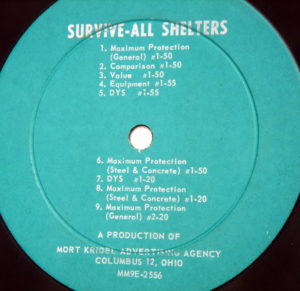Seth Godin writes of a new standard for meetings and conferences:
“Here’s what someone expects if they come to see you on an in-person sales call: that you’ll be prepared, focused, enthusiastic and willing to engage honestly about the next steps. If you can’t do that, don’t have the meeting.
If you’re a knowledge worker, your boss shouldn’t make you come to the (expensive) office every day unless there’s something there that makes it worth your trip. She needs to provide you with resources or interactions or energy you can’t find at home or at Starbucks. And if she does invite you in, don’t bother showing up if you’re just going to sit quietly.”
There’s little doubt I could do what I do from home (or the Coffee Zone) but gosh, I’d miss interacting with co-workers. I could get some of that over the net but I do like breathing the same air.
Having said that, I can do without the travel and hassle just to watch a Powerpoint show. On Saturday, I showed one of our top execs just how easy it is to stream live via Ustream. I could almost reach out and touch the little lightbulb that appeared above his head.


 With one of his custom designed fezzes sitting comfortably on my head, I got Jason Rodgers on the Skype horn today to find out the story behind the fezmonger and Fez-o-rama.
With one of his custom designed fezzes sitting comfortably on my head, I got Jason Rodgers on the Skype horn today to find out the story behind the fezmonger and Fez-o-rama.
 The Coffee Zone is my favorite hang-out. Taisir is the owner and he’s there every morning at 6:30 (that’s when he opens, I’m sure he’s there earlier).
The Coffee Zone is my favorite hang-out. Taisir is the owner and he’s there every morning at 6:30 (that’s when he opens, I’m sure he’s there earlier).